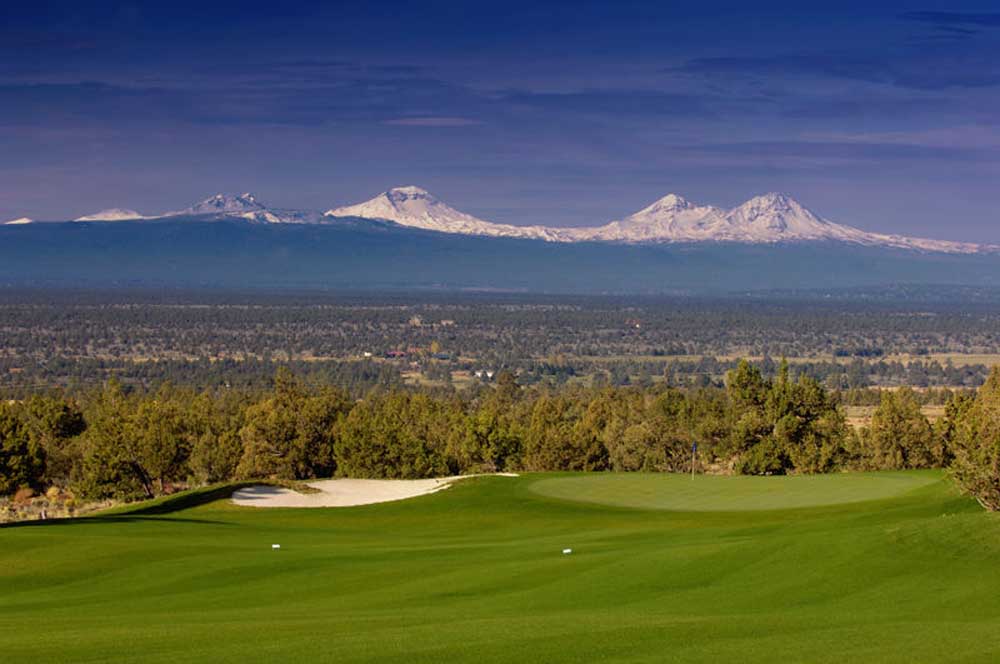Kells, once just a famous Irish pub in Portland and Seattle, now a flourishing beer maker
Published 12:00 am Sunday, September 1, 2019

- (123RF)
Garrett McAleese tried to do something else. He went the college route, earning an international business degree and landing a job overseas. But when you’ve grown up in one of America’s great Irish bars, learning the business surrounded by family and friends, it’s tough to let go.
So, the son of Kells Irish Pub founders Lucille and Gerard McAleese came home to Portland. Then in 2012, he founded Kells Brew Pub, now Kells Brewery, in northwest Portland, launching a new venture for the longtime Portland and Seattle sister Irish pubs.
Trending
“I grew up always doing something in the bar, whether it was cooking or busing tables, so you learn a little bit of everything, then have a love and a passion for everything,” McAleese said during a recent interview. “You get to develop your palate from a very young age. … It was fun, and it led to this deep passion for making beer and creating a menu for the restaurant.”
Kells Brewery makes all the beer for the McAleese clan’s restaurants. That includes southwest Portland’s renowned Kells Irish Pub, which opened in 1990, and the original Kells, which opened in 1983 near Pike Place in Seattle. McAleese also brews for his pizzeria, Coltiva, near Seattle’s Key Arena.
‘Never looked back’
McAleese says he had no inkling he’d go into the family business, but a taste of office life changed that. The University of Oregon grad was living in Argentina, working for an American logistics company, sitting all day at a desk on the phone.
“I was miserable,” says the 31-year-old McAleese. “After working in the restaurant industry for almost a decade, I missed that personal interaction. So I quit and went and started working at the bar underneath the room I was renting and kind of never looked back.”
He met some Americans who were opening a brewery in Rosario, Argentina, so he told them he’d work for free if they taught him how to brew. He learned the business, developed recipes, then found himself back in the states sharing his vision with his dad.
Trending
“I was like, ‘Hey, I got this idea; I’ve been doing these recipes,’” he recalls telling his dad. “My vision was much smaller, but my father, he’s been doing this so long. He’s like, ‘If you want to do this, do it all the best — and also it’s got to be a Kells.’”
McAleese the younger got busy converting a former tile retailer at NW 21st Avenue into the newest Kells. The building, also a parking garage decades earlier, came with large, old-growth beams and high ceilings. Today, dark wood throughout — from the tables to the big, elegant full bar — lends authenticity and comfort.
McAleese is a hands-on guy, helping install the brewing line and building the “snugs” — Victorian-era private, wooden booths — that mirror ones in his favorite pub in Belfast, Northern Ireland.
McAleese has made the northwest Portland location a slightly smaller version of the big Kells across town — even down to clearing out the tables on weekend nights for music and dancing.
Kells Brewery has two beer approaches: One is a line of “old world” beers, including an Irish stout, Irish red and Irish lager. The other is a series of modern styles that includes a Northwest IPA, a double IPA and a Tropical Hazy IPA, which are canned and distributed in area stores.
The food menu similarly is a graceful blend of old and new world. It doesn’t skimp on Irish classics like shepherd’s pie, Irish stew, corned beef and cabbage, and fish and chips, but it also offers sandwiches, burgers, salads and fish. Much of the produce comes straight from the family’s Wilsonville farm, and Kells says he is committed to environmentally friendly products, including sustainable fish and locally raised meats.
The venture appears to be working. Although McAleese acknowledges that some questioned the move when Kells started its own brewery, he says he “brought in people that I knew were better brewers than me at the time.” He grew the business slowly.
“We originally opened up with the idea of doing 800 barrels a year, maybe pushing it to 1,000, and now, we’re double that this year. It’s gone a little crazy. It’s a good problem to have, but in the brewery, things are getting really tight.”
McAleese says Kells brewhouse can’t produce enough beer to meet demand, so he’s brewing at friends’ breweries and has plans for expansion at some point.
“We’ve got a great name; we’ve got great support behind it,” McAleese says. “And the beers that we’re making, we’re letting the consumer kind of drive them. I’m not sure if that’s a good thing or a bad thing, but it keeps growing and growing and growing. So, it’s working for us.”








